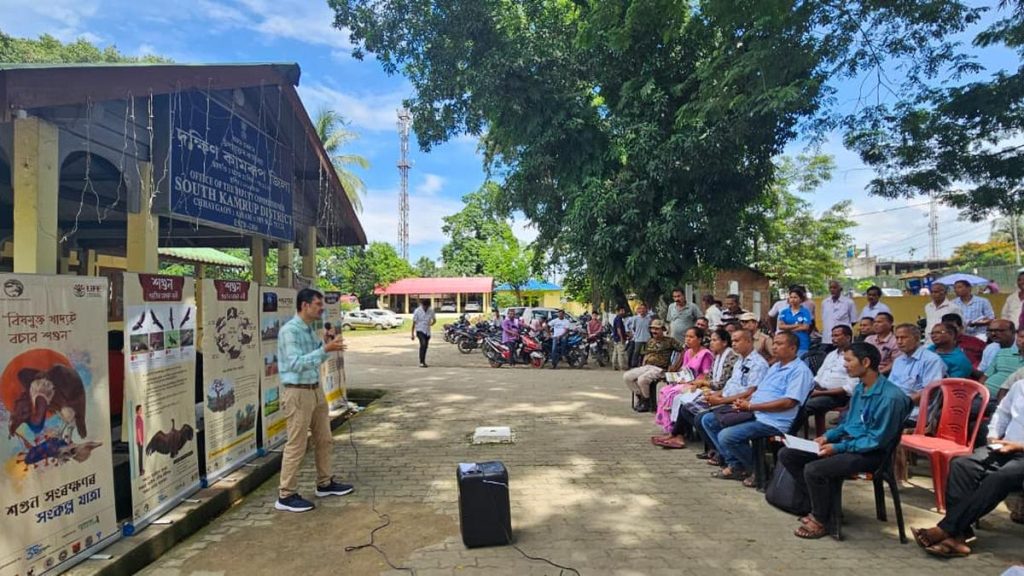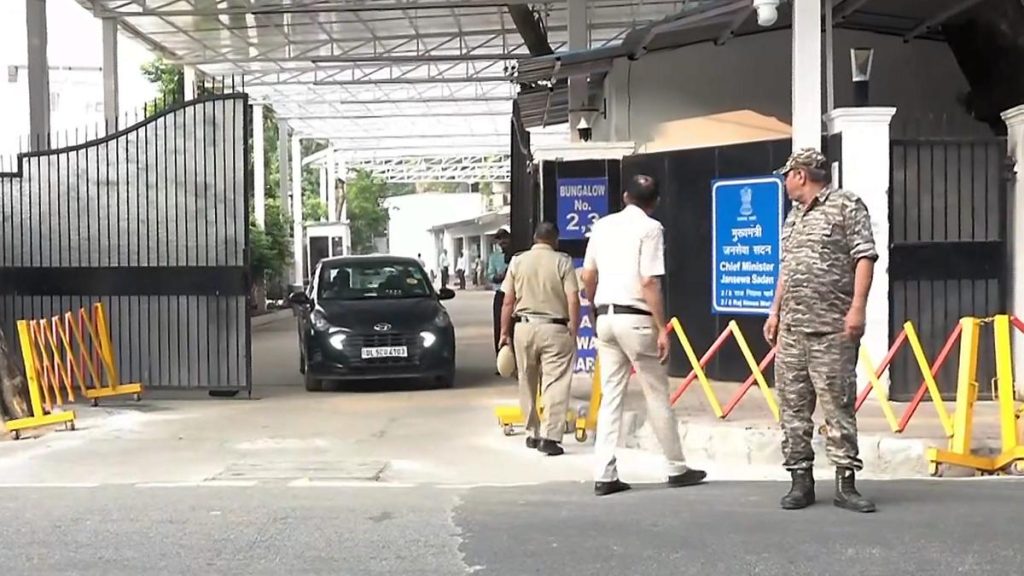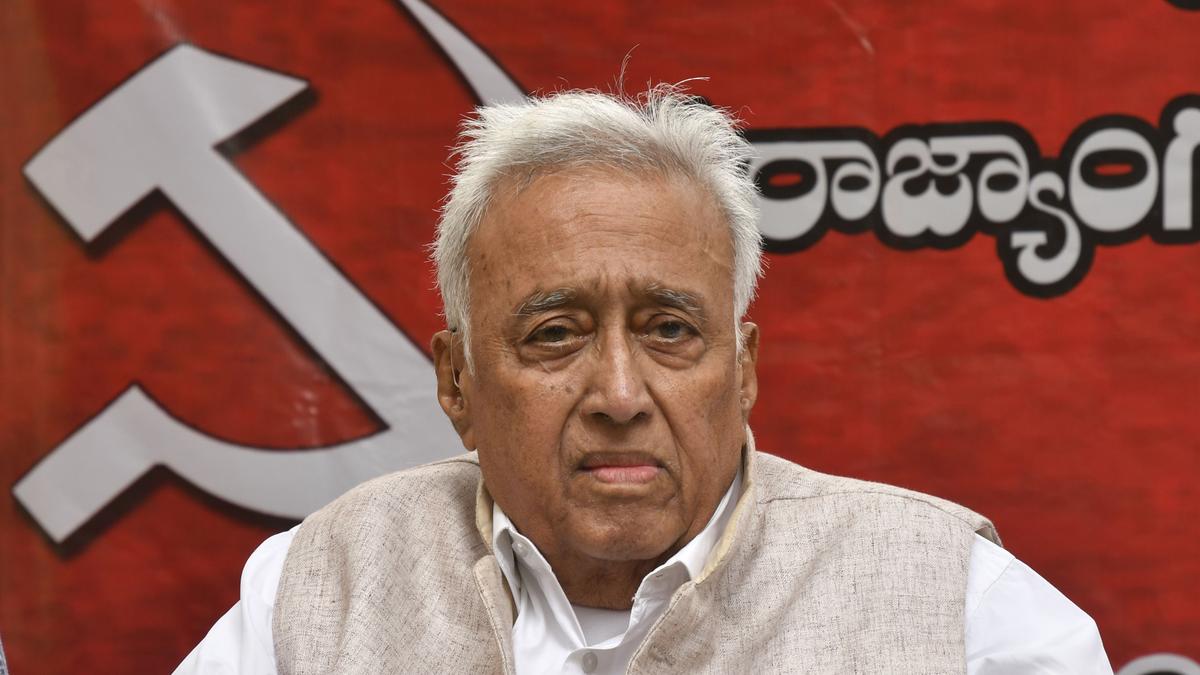Now Reading: Karnataka to Use Electricity Data for Caste Census Household List
-
01
Karnataka to Use Electricity Data for Caste Census Household List
Karnataka to Use Electricity Data for Caste Census Household List
Quick Summary
- Karnataka State Commission for Backward Classes will create a list of households using domestic electricity connections-a first-time initiative in India.
- This procedure aims to assist the second socio-educational survey (aste census) scheduled from September 22 to October 7, covering Karnataka’s estimated seven crore population.
- Approximately two crore power connections exist in the state; data will segregate domestic and commercial installations.
- The commission plans to use secondary data such as ration cards and Aadhaar to include non-electrified households.
- Geo-tagging of households will be performed during meter reading via an app developed by the e-Governance Department. Stickers with unique numbers will mark geo-tagged houses.
- The chairman, Madhusudan R. Naik, stated that voters’ list data won’t be used due to widespread concerns about its accuracy. Additionally, they aim for inclusivity beyond old census data from 2011.
Indian Opinion Analysis
The decision by Karnataka’s commission marks a importent move toward modernizing socio-economic surveys using innovative methods like geo-tagging through utility infrastructure. Transitioning away from traditional databases like outdated census reports or controversial voter lists demonstrates responsiveness toward public concerns about accuracy and inclusivity.
This novel approach may set an example for other states confronting similar challenges in population mapping while improving targeting efficiency of government policies. Though,flawless execution remains crucial given potential logistical pitfalls in integrating diverse datasets (electricity meters,ration cards). If successful, india’s demographic planning could benefit substantially from this model.
For detailed details: Read More


